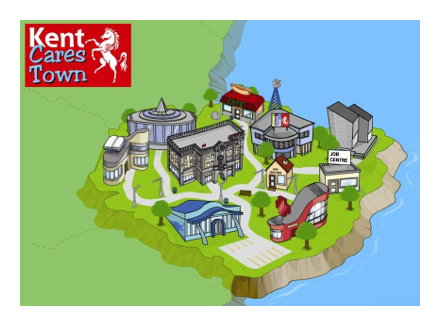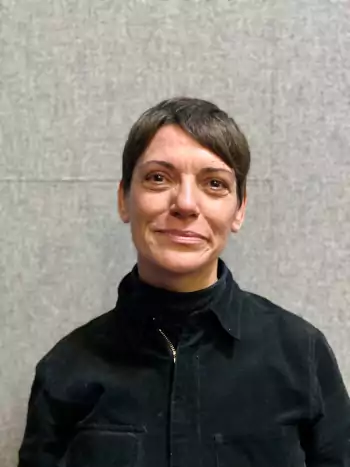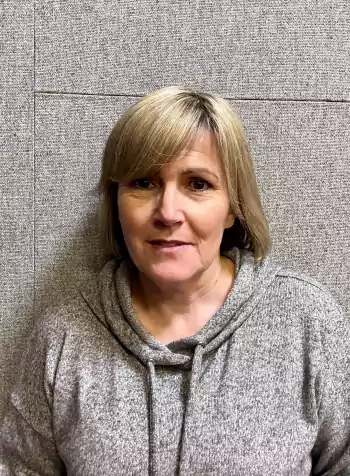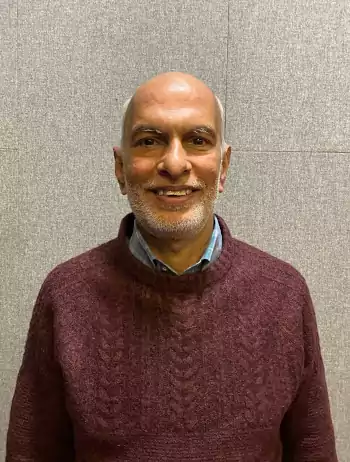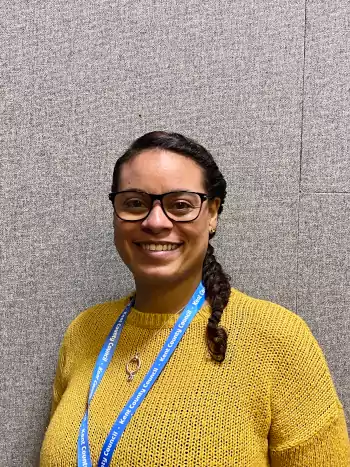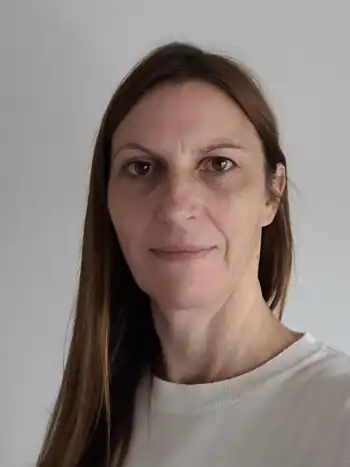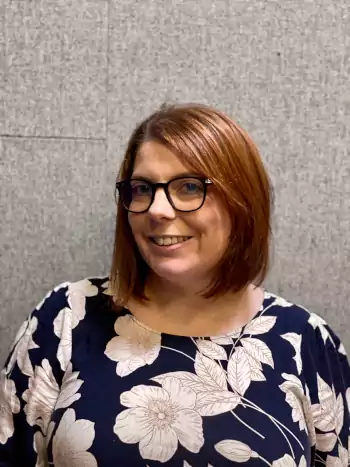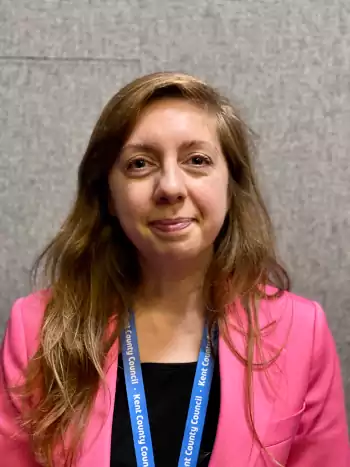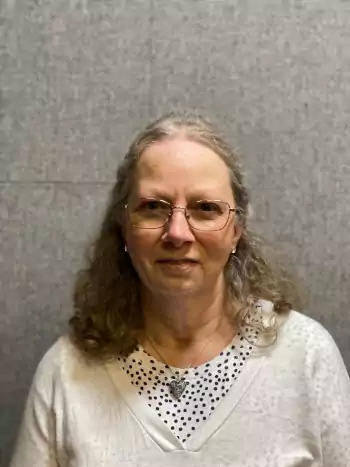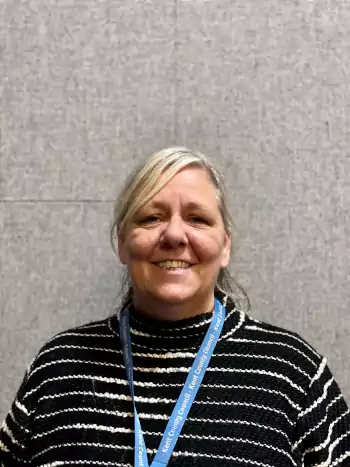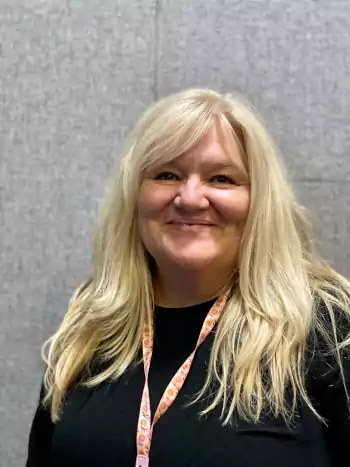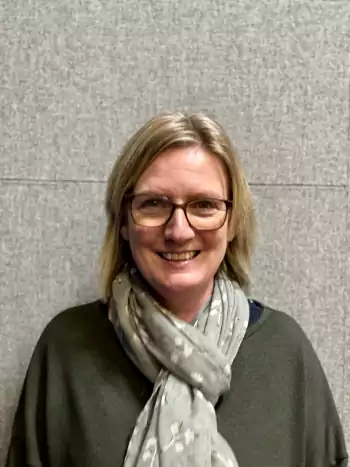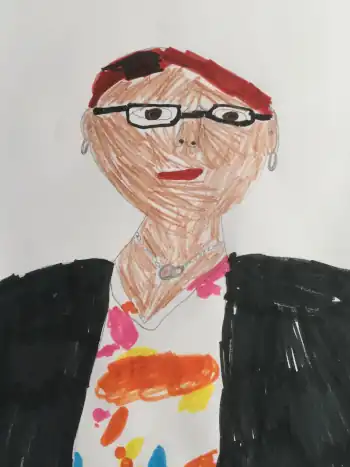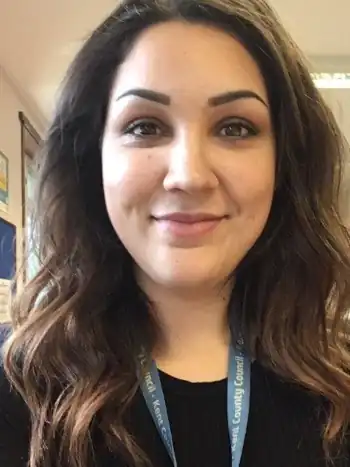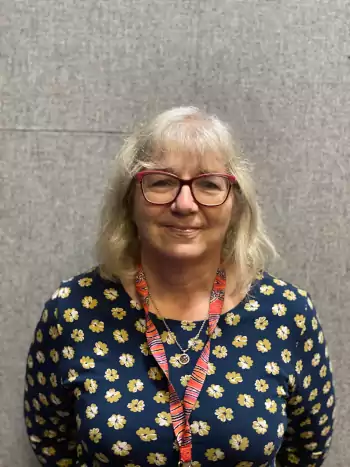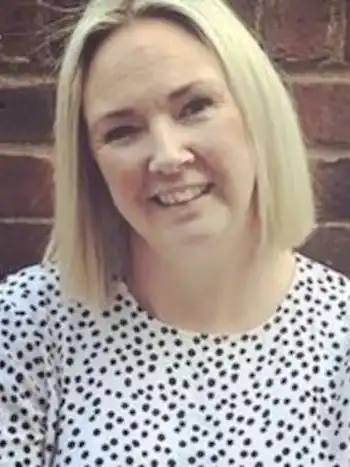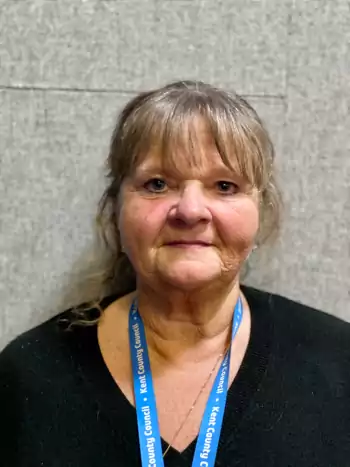
Who will support me?
There are lots of people who can help you if you need support or advice.
As a young person in care, you will have a named Social Worker who will visit you at least once every six weeks. Their main focus is to support you in your foster placement and to make sure that you are safe, happy and healthy and that plans are in place to make sure that continues. When you meet your Social Worker, you will have the chance to give your opinions and views about your Care Plan and anything that is worrying you, for example about where you are living or at school. They will listen to you to find out what you think about issues that affect you. Your Social Worker will also help you see your parents or family members if it is safe and appropriate for you to do so. They will be in contact with all of the other professionals involved with your care to make sure the care you are receiving is of a high standard and meets your needs. If you ever feel unhappy or unsure about your social worker, any of the other adults mentioned in this section would be more than happy to listen, understand and take the appropriate actions.
If it is in your best interests, an Independent Visitor may be appointed to visit you. Sometimes it might be a person you already know. This person is ‘independent’ because they do not work for Kent County Council and are not paid a salary to see you. They visit you regularly to offer help and advice and take an interest in you and how you are feeling. They will sometimes take you out to do activities and can help you have a say in decisions made about you. They will also telephone you or write to you.
You have a say about who your Independent Visitor is, how much information about you is shared with them and whether they attend meetings with you. Even if where you are living changes, the Independent Visitor will remain the same and move with you.
Independent Reviewing Officers (known as IROs) are the people who chair reviews for children in care. They have an important role in deciding what happens in your future and it is the IRO’s job to make sure that decisions taken are ones that are best for you.
IROs are there to make sure that reviews are run properly; that your views are listened to; and, that your best interests are protected. They are all experienced social workers who want to make sure children in care are given the best possible opportunities while being looked after.
The main job of the IRO is to make sure that your care plan meets your needs. They will do this by chairing your review, letting you have your own say in your review and by following up to make sure that people do what they agreed to do. The review is your meeting and all about you so it is very important that you make sure that the IRO knows how you feel and what you would want to happen.
Independent Reviewing Officer (IRO's) - A Guide for Young People
How to get in touch with your Independent Review Officer
Click on the person's image to see their contact information.
North West Kent IRO Team
South East Kent IRO Team
Unaccompanied Asylum-seeking Children Team
When you are looked after by Kent County Council, you may be placed with foster carers that are suited to you and are able to encourage and support you. Foster carers are ordinary people and some have families of their own.
The Virtual School is a team of teachers and staff who work to support the education of children in care and care leavers. The school does not exist in real terms, or as a building. You do not actually attend it, but it is there to give you extra help and support whilst you are at school.
The VSK Participation Team is a team of apprentices and support officers who encourage and support the participation of children in care to give them a say in how services for them are provided. They also organise activity days during the school holidays and are involved in the running of Kent’s Children in Care Councils – ‘The Super Council’; ‘Our Children and Young People’s Council’ and YAC, our Young Adult Council.
Your designated teacher is someone at your school who understands the things which affect children and young people in care. They are there to help you set targets and support you in your education. If you are having any difficulties at school, you can speak to your designated teacher who can offer help and support.
An advocate is an independent person who can speak on your behalf to communicate your thoughts and feelings at meetings and to the other people involved in your care. Sometimes they can be helpful if you find it difficult to put your point across.
The Looked After Children's (LAC) Nurse is a qualified nurse who works with children in care. They will conduct a health assessment to make sure you are fit and healthy. They will also be able to offer health and wellbeing advice as well as diet and healthy living advice. Alongside this the LAC nurse can also offer emotional support and advice.
